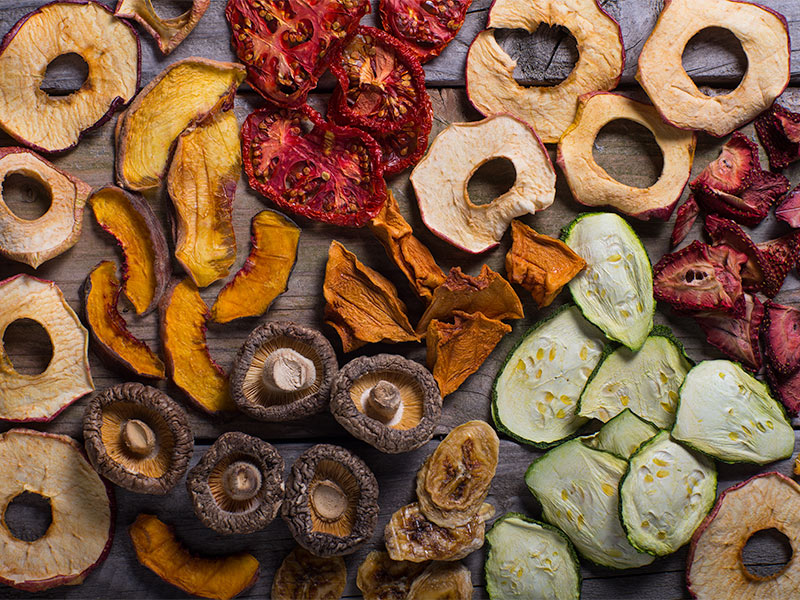Can Dehydrated Food Reduce Food Waste
Dehydrating food has been a popular method of food preservation for centuries, and it is making a comeback in modern times as a way to reduce food waste. By removing the moisture from food, dehydrating can extend the shelf life of fruits, vegetables, and meats, making them less likely to spoil and be thrown away. This raises the question: can dehydrated food reduce food waste?

The answer is a resounding yes. Dehydrating food allows it to be stored for much longer periods of time without the need for refrigeration, which can significantly reduce the amount of food that goes to waste. According to the Food and Agriculture Organization of the United Nations, approximately one-third of all food produced for human consumption is lost or wasted globally. Dehydrating food at home or commercially can help combat this issue by preserving food that might otherwise spoil.

 About Us
About Us



